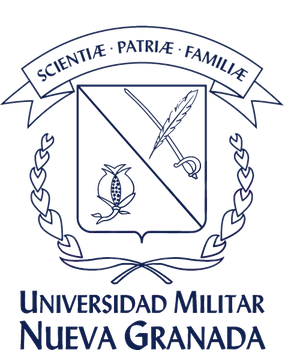Assessments’ instruments in the curricular design in the improvement of air technicians of the ecuadorian air force
Abstract
This article presents of evaluation tools in curriculum design based on skills in the improvement of Air technicians of the Ecuadorian Air Force, through different tools for collecting of information for a continuous improvement of the process. The assessment of evaluation involves a radical change to the traditional evaluation. It is focused on the content, worrying about in the theoretical part of the definition of memorization and the control that takes places at the end of the educational process. Therefore, the approach based on skills let to begin a transformation, which gives a origin to the application of instruments, providing information in the process. It consists of diagnostic, formative and summative assessment. So, the evaluation allows an immediately reorientation and planning in the improving. Its unique objective is to achieve the planned skills and the end of the course. However, the evaluation goes beyond a grade of qualification or measurement. The evaluation let to determine if the human talent, who finds in the learning and teaching process has managed with the academic performance, and shows the mastery of skills. (Arana M., 2004). It reflects the development of knowledge be, know and know how in the process of their activities inside and outside of the military, professional and social context.
Downloads
References
Arana, M. (2004). La Educación en Valores. Una Propuesta Pedagógica para la Formación Profesional.
Cabellos, W. (2006). Técnicas e instrumentos para evaluar el aprendizaje.
Calva , P. (2009). Experiencias en la implantación de un modelo educativo por investigación en una institución de educación superior. RevistaIberoamericana de Educación. 48.
Casarini, M. (2004). Teoría y diseño curricular. México: Trillas.
Díaz, B. (1992). Ensayos sobre la Problemática Curricular. México: Trilla.
Guanipa , M. (2006). Tareas de la Epistemología en la formación docente. Universidad Rafael Belloso Chasin: Venezuela.
Guevara , A. (2010). El valor del aprendizaje. Morin, E. (1999). Los siete saberes necesarios para la educación del futuro. UNESCO: Bogotá.
Modelo Educativo Fuerzas Armadas: Basado por Competencias. Quito. 2010-2012.
Plan Estratégico Fuerza Aérea Ecuatoriana, vigente.
Plan Estratégico Comando de Educación y Doctrina Fae, vigente.
Pruzzo, V. (1999). Evaluación Curricular: Evaluación para el Aprendizaje. Buenos Aires: Ed. Espacio.













